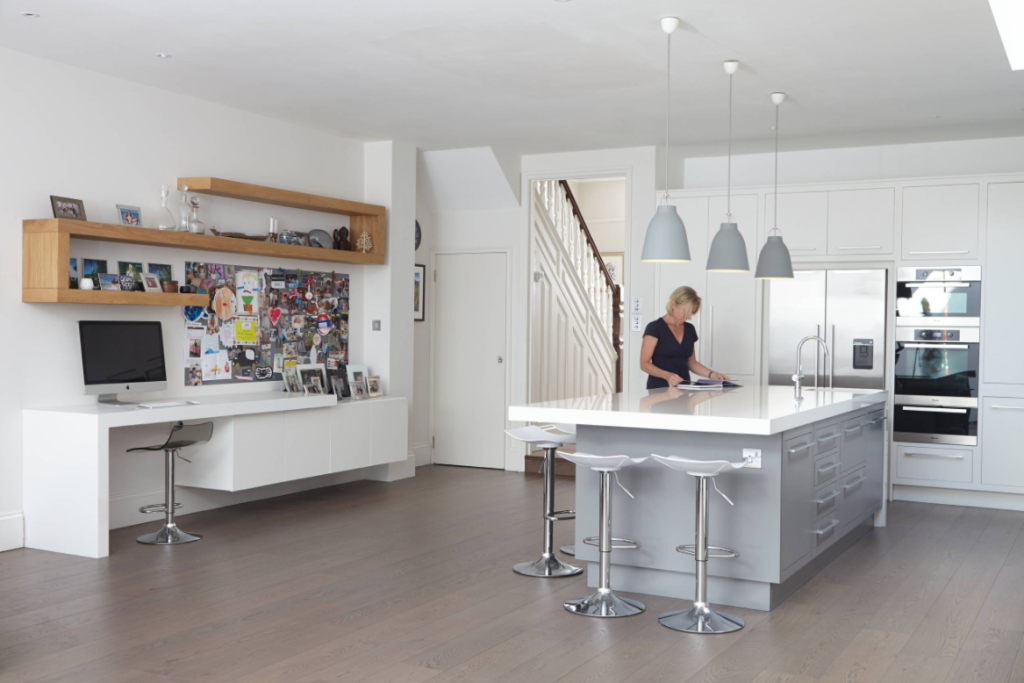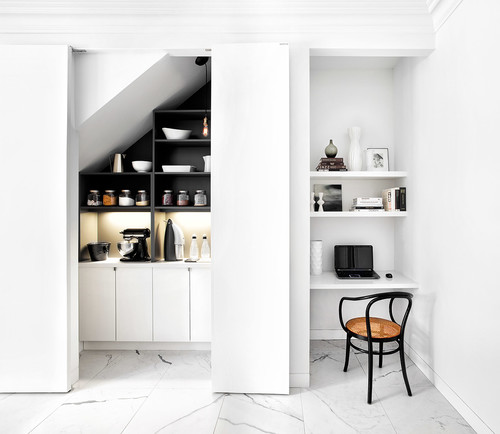What is a home assistant, and could it change your life for the better?

Automated home assistants such as Google Home and Amazon Echo have been getting a lot of attention lately, but what exactly do they do, and are they worth investing in? Here’s all you need to know about the latest wave of electronic home assistants, and if they’re worth the addition to your living room.
What is Google Home?
Google Home is a smart speaker you talk to and tell what to do. You can use it to play back entertainment throughout your home, get it to manage everyday tasks, and use it to ask Google to find answers to the things you want to know. Google Home has the ability to make use of a number of apps and devices you already own, including music apps such as Spotify and smart home devices such as D-Link and Telstra Smart Home.
What is Amazon Echo?
Similarly, Amazon Echo is a hands-free speaker you control with your voice. The brand new Echo Plus (one of a range of Echo products just launched by Amazon in Australia) connects to the Alexa Voice Service to play music, make phone calls for you, send and receive your messages and provide the information you’re after (such as weather reports and news). The Echo Plus has seven microphones and sound powered by Dolby.
How do the products differ?
The products are quite similar. Both need to be permanently plugged in and connected to your home internet, and they answer to your voice commands. With Google you’ll find yourself talking to Google Assistant, while with Amazon Echo your assistant is called Alexa.
Positives and negatives
The Echo has been around for longer and the Echo Plus connects to more products than Google Home. Amazon Echo is great for Amazon customers; you can add items to your shopping cart with your voice alone.
Google Home is backed by Google so is impressive on the search engine front when answering your queries. Australia’s version of Google Home has an Aussie accent too, and knows the local lingo, plus it has connections with Australian services such as Stan and ABC News.
How much do they cost?
Google Home retails from around $199 (but can be bought online for as little as $139), while the Amazon Echo Plus has been launched for $149.
What can they do?
When used in conjunction with compatible connected devices such as those from Philips Hue, Sony, Samsung SmartThings and Nest, the devices can perform a broad range of activities such as dimming and turning lights on and off, controlling fans, adjusting thermostats and activating garden sprinklers. Products such as Nest can even recognise when you’re close to home and offer you a warm welcome, literally. They’ll turn on the heating and open the garage door for you. If you forget to turn the lights off when you go out they can detect and attend to that too. And as with all technology, the potential of devices such as these is only increasing.
What’s the down side?
Although they’re not difficult to use, it helps to be technically savvy to get the most out of your home assistant, and for maximum benefit you’ll need to invest in other smart products to work alongside the device. Home assistants rely entirely on your wifi, so your assistant will only ever be as reliable as your wifi service. And although they can hear your voice commands from across the room, their performance may depend on where the device is placed.
What about Siri?
Let’s not forget the original automated assistant, Siri. For many of us, Apple’s Siri was our first experience of a virtual assistant, revolutionising the way we interacted with our iPhones. However, Siri has since fallen behind its newer competitors. Apple launched a new product, HomePod, in December, but this is more of a successor to the Apple iPod, with a focus on music and sound quality.
Want to start small?
If you’re interested in a home assistant but want to start small, consider the Google Home Mini or Echo Dot. These entry-level home assistants have many of the same functions as their larger counterparts, and at their lower price point you could have one in every room. The Google Mini is stylish too, although its sound quality isn’t as impressive as its bigger brother. The Mini has a mini price tag of just $79. The Echo Dot retails in Australia for $79.
Are they life-changing?
As they’re reasonably inexpensive, purchasing a home assistant will likely be worthwhile, but you’ll need to invest in other apps and devices in order for them to make a real difference to your lifestyle.
We recommend
States
Capital Cities
Capital Cities - Rentals
Popular Areas
Allhomes
More










